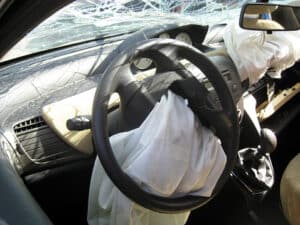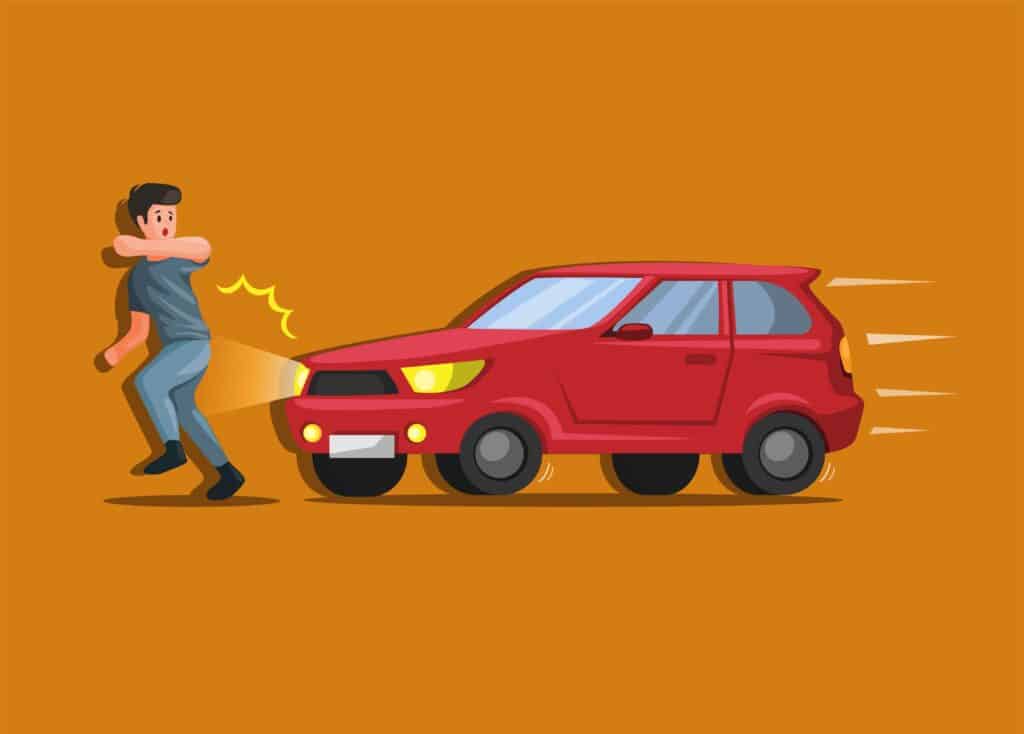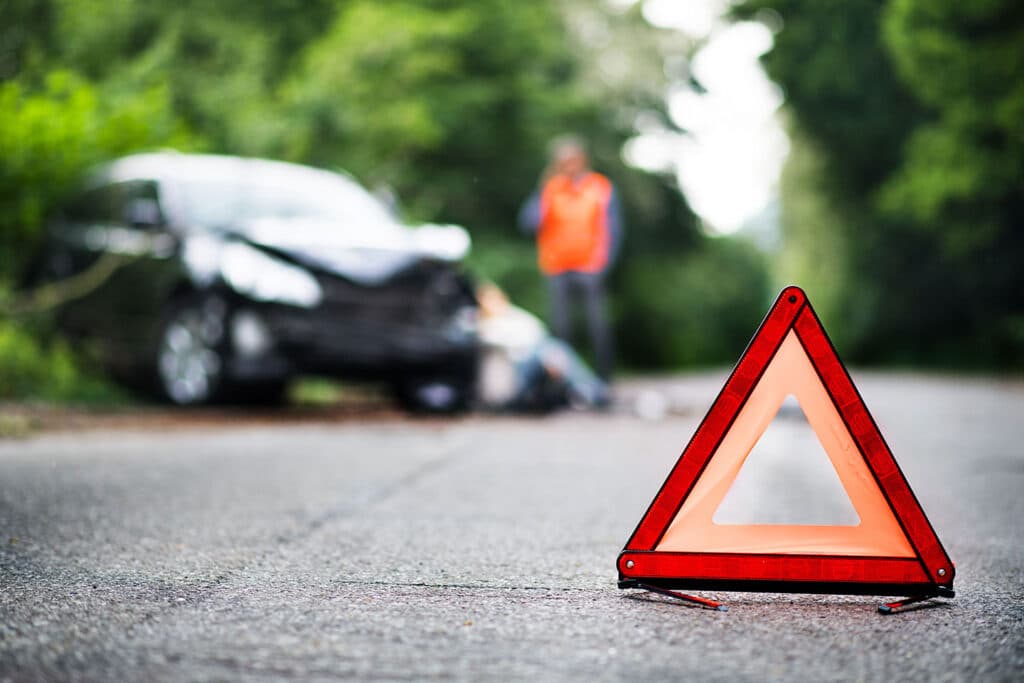
Crash-related TBIs are most commonly attributed to:
- Head-on collisions
- Rear-end collisions
- Side-impact crashes
- Rollover accidents
- Single-vehicle collisions with stationary objects
How to identify a TBI
Recovery time from TBI can vary from one person to the next. In many cases, recovery can take months or years. And too many brain injuries never truly heal. TBI symptoms often include:
- Loss of consciousness
- Confusion and disorientation
- Loss of memory
- Severe headaches
- Fatigue or drowsiness
- Nausea or vomiting
- Problems with communication
Unlike most injuries, many brain injury victims never make a full recovery. Once damaged, some brain tissue and neurons will never regenerate, resulting in permanent complications.
The most common types of TBIs include, but are not limited to:
- Coup-contrecoup brain injury: When a serious accident occurs, the brain hits the inner lining of the skull on the opposite side of impact.
- Concussions: In comparison to coup-contrecoup brain injuries, concussions are relatively mild – but there is no such thing as a truly minor brain injury. If left untreated, concussions can result in lifelong complications.
- Brain contusion: When a concussion or other type of brain injury occurs, it may accompany bleeding under the skin. In severe cases, surgery may be required to remove a brain contusion.
- Diffuse axonal injury: This type of TBI happens the same way as a concussion, but the injury is often much worse.
- Second impact syndrome: This occurs when a second TBI is sustained before the first has healed. The damage can be far worse, even life-threatening.
- Penetrating injury: Debris that is propelled during a crash, or parts of your own vehicle, can cause a penetrating injury. In this type of TBI, severe bleeding can occur.
Take action immediately
TBIs are no laughing matter. If you have sustained one in an auto accident caused by someone else’s negligence, you are urged to seek immediate medical attention. Even if you feel fine, your TBI can worsen without treatment. Additionally, you may be faced with lifelong brain damage that can hinder your ability to engage in everyday activities. Even if you make a full recovery, you may experience a lifetime of mental and emotional trauma.
Treatment for a TBI can be expensive. If you are unable to attend work and make ends meet, the aftermath of a single auto accident can take a devastating toll on your life. If you were injured in a crash, you need an experienced Portland auto accident attorney on your side who can help make things right. Contact us today to schedule a free case evaluation.
This entry was posted on Friday, January 11th, 2019 at 3:10 pm and is filed under Car Accidents. You can follow any responses to this entry through the RSS 2.0 feed. You can leave a response, or trackback from your own site.









